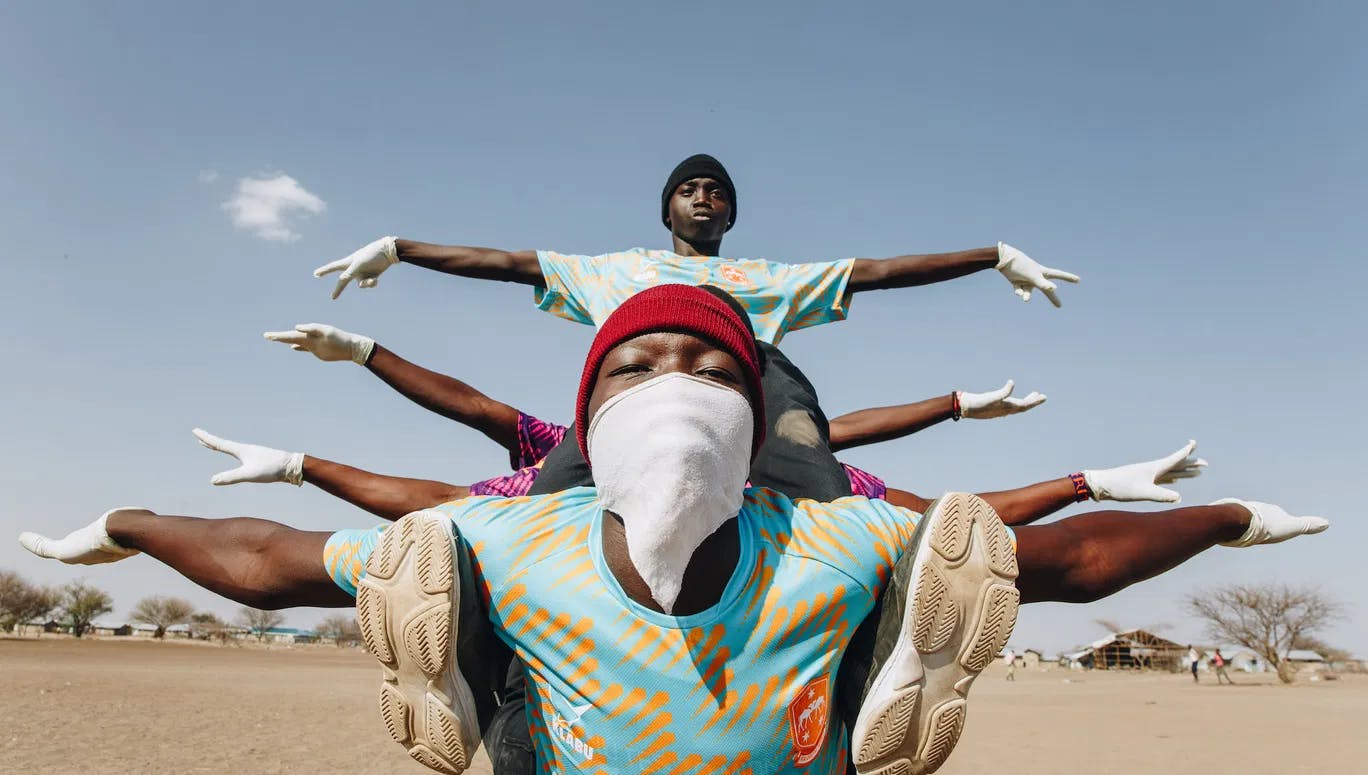
Meet Amsterdam’s innovative impact entrepreneurs
Making Mother Nature your CEO
Like many entrepreneurs before him, Brad Vanstone, the founder of plant-based cheese company Willicroft, was initially just trying to solve a personal, everyday problem. He began changing to a plant-based diet in 2017, and while giving up meat was easy, he found it much harder to let go of cheese. Vanstone’s grandfather was a dairy farmer, so he had a basic understanding of the cheese-making process and decided to put that knowledge to work to create a non-dairy alternative that would satisfy his cheese craving. Fast forward to 2021, and what started as a personal project is now an impact enterprise that has raised €600,000 in seed funding and crowdfunded another €250,000.
Creating an impact enterprise from scratch taught Vanstone that, “The best thing is to just get going, learn along the way, make decisions fast, and acknowledge that 40% of them will be wrong.” After taking part in Impact Hub Amsterdam’s acceleration programmes, Willicroft is now gearing up towards creating a broader movement that puts nature at the core of business strategy. “We’re about to launch a campaign to encourage other companies to make Mother Nature their CEO too. This would mean weighing the knock-on effect that every decision would have on the planet,” Vanstone explains. Read the full story of Amsterdam social enterprise, Willicroft.
Taboo-tackling tampons
“Chemicals are not for pussies” was the tagline of social enterprise Yoni’s crowdfunding campaign, which raised more than €26,000 to produce its biodegradable, certified organic cotton tampons, pads and pantyliners. Further growth was backed by a credit facility from ethical bank Triodos and investment from private impact investors and some of the world’s largest companies in the menstrual product market have since launched their own partially cotton-based lines.
As well as creating new sustainable products, tackling the taboos around menstruation is at the company’s core. According to a 2019 study, one-fifth of Dutch girls say that menstruation isn’t openly discussed at home: better education and more awareness are sorely needed. “We need to change how menstrual wellness is taught in schools and we need to have different kinds of conversations in the media,” says co-founder Mariah Mansvelt Beck. As Yoni continues to grow its business and impact, Mansvelt Beck wants people to remember that they have a choice – from buying products from impact-first enterprises, to using their skills to make a difference. “We can make choices that have the greater good in mind. Even in a larger company, you can take steps in the right direction,” she concludes. Find out more about Yoni’s taboo-tackling tampons.
Support through sport for refugees
Life in the Kalobeyei refugee settlement in northern Kenya can be tough. But for some of the 40,000 refugees who call Kalobeyei home, life is a little brighter thanks to regular football and a welcoming community centre that supplies the basics that many of us take for granted – access to Wi-Fi, TV, electricity, and a comfortable space to hang out in. And this is largely due to the work of KLABU, an Amsterdam-based social enterprise that believes sport can help boost the spirits of the 6.6 million people worldwide who currently live in refugee camps and settlements. As a social enterprise, KLABU (Swahili for ‘club’) makes money through its own sportswear range, sold worldwide. Fifty percent of profits go to KLABU’s foundation (which also raises money via public donations).
Founder Jan van Hövell launched KLABU in 2019 as a foundation and later created a social enterprise to run alongside. A six-figure investment from a group of angel investors in 2021 means KLABU is now growing its sportswear brand. “The investors are entrepreneurs themselves and don’t just contribute money but also expertise,” says Van Hövell. So far, KLABU is only present in Kalobeyei, but the founder has big plans. “Our ambition is to create 50 clubs in the next ten years,” says Van Hövell, with the next club planned for the world’s largest refugee camp in Bangladesh, home to almost one million Rohingya who have fled neighbouring Myanmar. Read the full story of KLABU’s clubhouses.
Buy less, buy better
Gray Label began life after its founder spotted a gap in the market for organic, sustainably produced kids wear that avoids gender stereotypes. With renting and repurposing, she’s finding ways to make a notoriously wasteful industry gentler on the planet. Explaining the ethos behind her company, founder Emily Gray says, “It’s important to make room for who the child really is. A baby doesn’t need the stigma of blue or pink. That’s why almost all our styles and colours are genderless.” Gray Label’s mission is also to minimise its impact on the environment and it works with organic fabrics and dyes. The company uses GOTS-certified cotton and the clothes are made in GOTS-certified production units where workers are fairly compensated and child labour is forbidden.
In another bid to reduce its impact on the environment the company launched RNTD in 2020, a clothing rental service for babies and toddlers up to 2 years, who usually grow out of their clothes within about three months. Gray wants to expand the RNTD concept and encourage people to “buy less, buy quality, buy more consciously,” and thus help reduce the immense waste generated by the clothing industry. But she’s taking a cautious approach to expansion and external investment as she’s determined to remain in charge: “We might need investors for RNTD, but I want to keep it in my own hands. When your vision is strong, you want to stay in control.” Read more about Gray Label.
Fishing for plastic
Asking people to pay for the pleasure of picking up rubbish may not sound like a sustainable business model but it’s one Amsterdam-based social enterprise Plastic Whale has made work for more than 10 years so far. In 2011 Marius Smit organised his first-ever plastic ‘fishing’ event and by 2019 the company was collecting 40,000 PET bottles each year and using them to build boats for its own fleet, as well as office furniture and design objects. Plastic Whale now wants to bring its business model and expertise to countries with a big plastic problem.
With a €200,000 grant from the Netherlands Enterprise Agency, the company is building the Fast Value Factory in Accra, Ghana, where workers will turn plastic waste into raw materials that can be used to make household products and other items of value. Plastic Whale may be spreading far and wide, but its roots are firmly local: it was Amsterdam itself that inspired a social enterprise solution to a global problem. After seeing the impacts of plastic pollution in Asia, Smit decided to tackle the problem in his hometown. “Amsterdam makes all the difference. The canals are internationally known,” he says. Capturing people’s imaginations and selling the idea of fishing for plastic was that much easier in a city defined by its waterways. Bolstered by Amsterdam’s iconic backdrop, Smit is now firmly focused on expanding the plastic fishing community worldwide. Read more about Amsterdam’s Plastic Whale.
More about Amsterdam Impact x Pioneers Post
This article is based on the Cities of Impact series published by Pioneers Post, the independent news network for the global impact community. Author Catalina Iorga created articles focusing on the work of Amsterdam Impact, the City of Amsterdam’s impact entrepreneurship programme.
Related articles
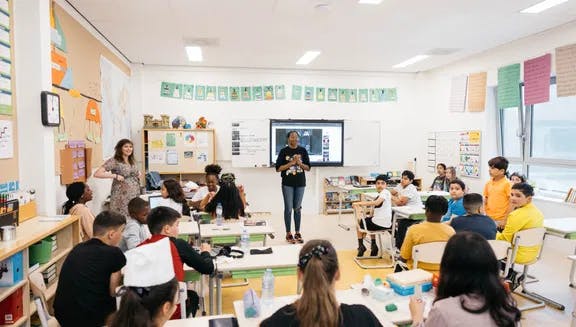
Building an impact-driven city
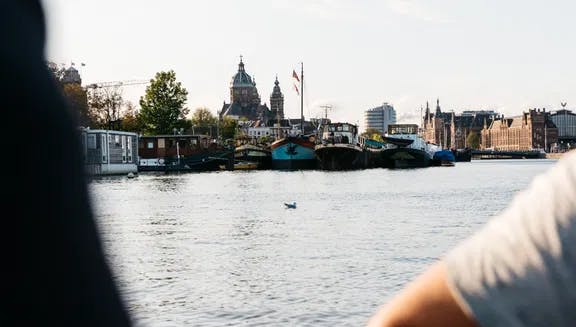
Amsterdam to host the Social Enterprise World Forum 2023
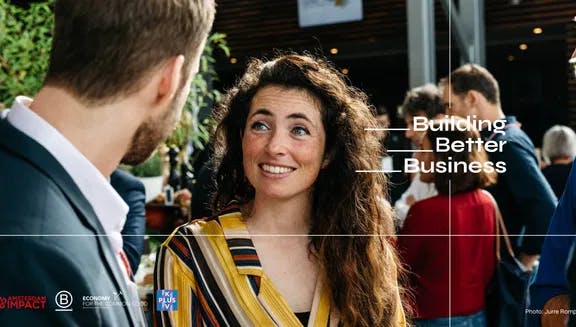
Three Building Better Business companies get B Corp certified

#FoundersFridays: Meet Dieuwertje Drexhage
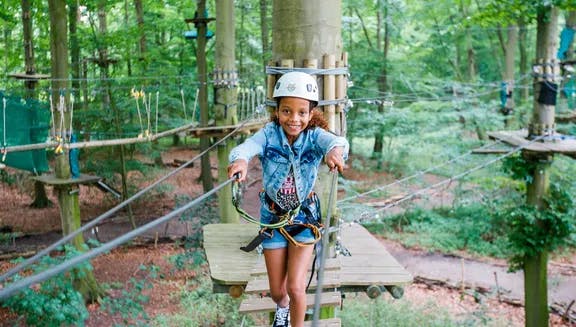
MEAN WELL supports impact entrepreneurship in Amsterdam
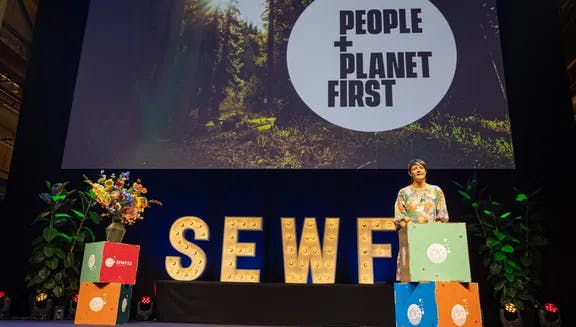
Celebrating SEWF23, a milestone in Amsterdam's journey to a new economy

